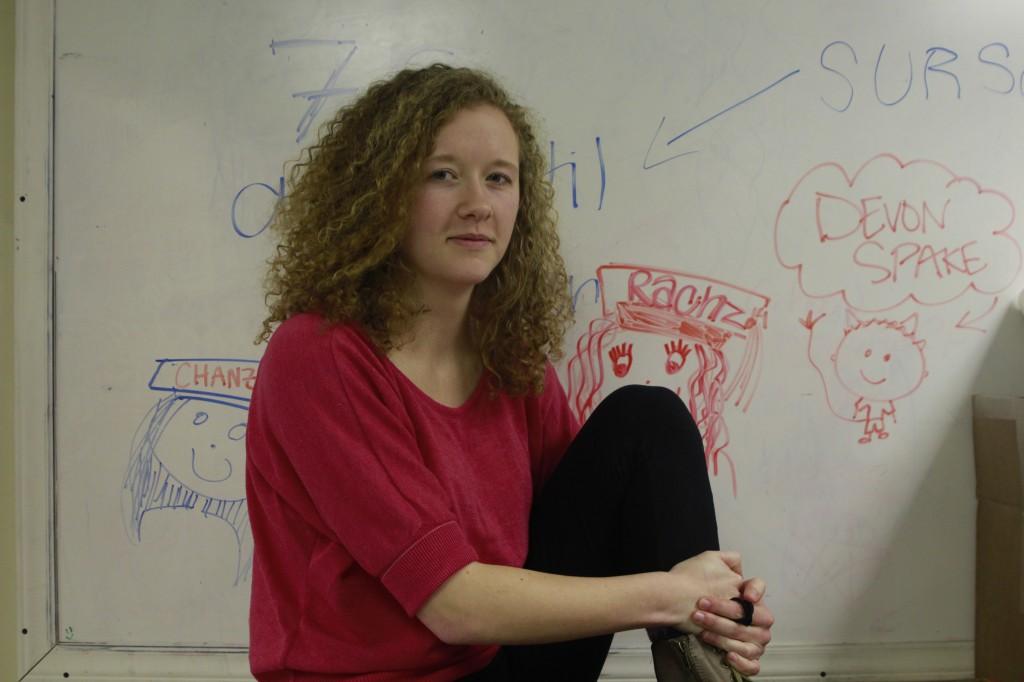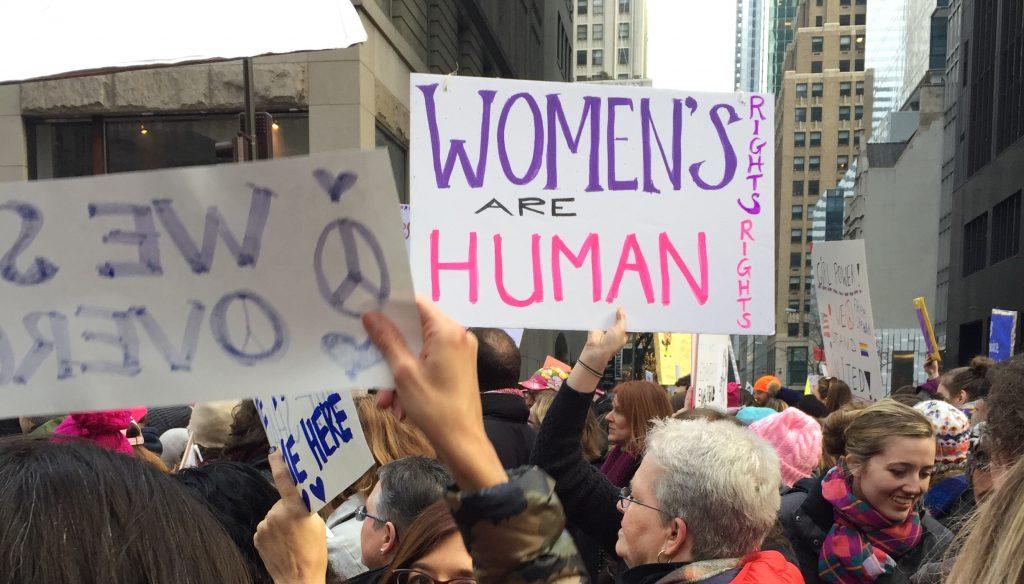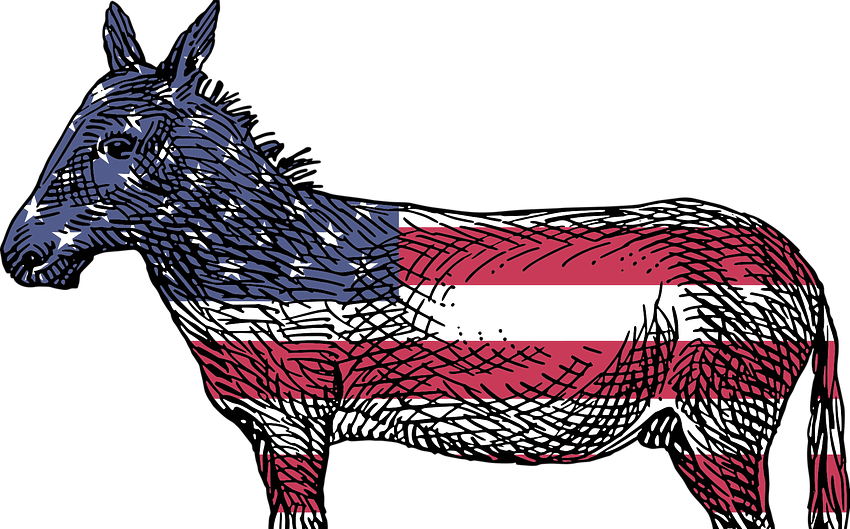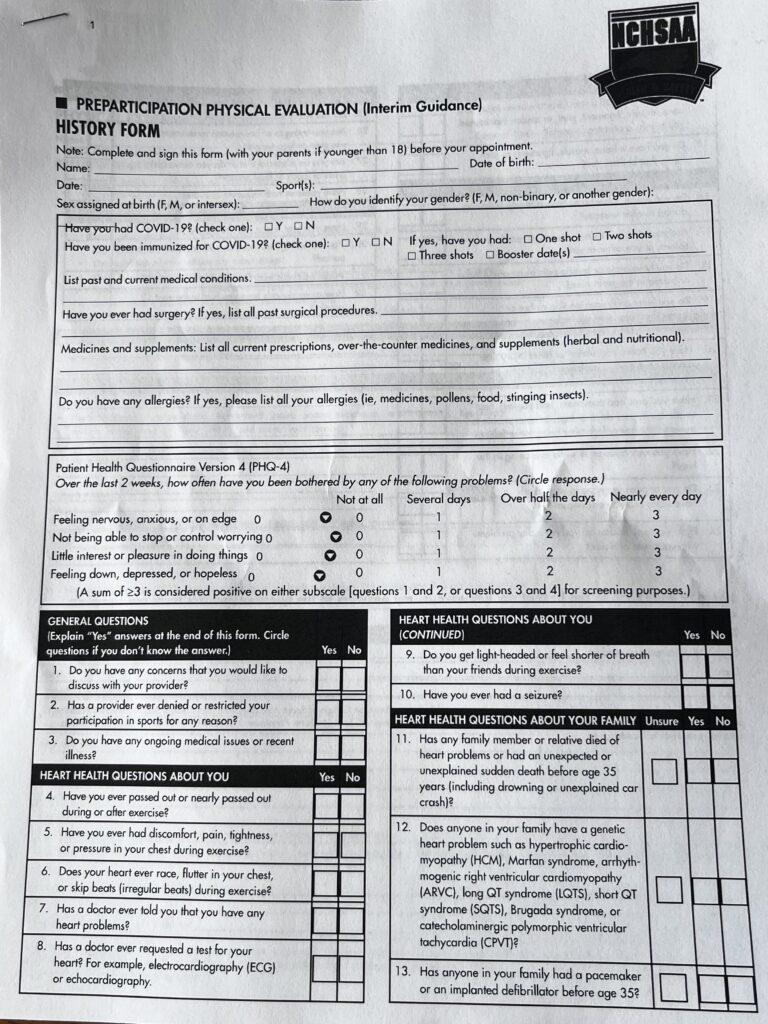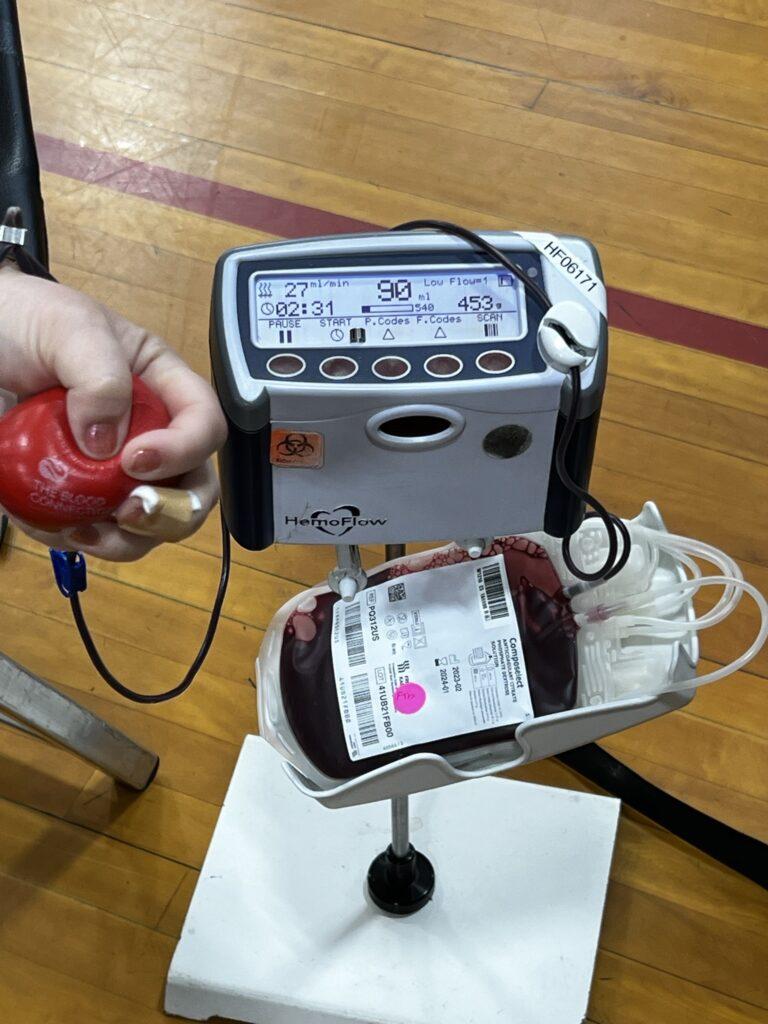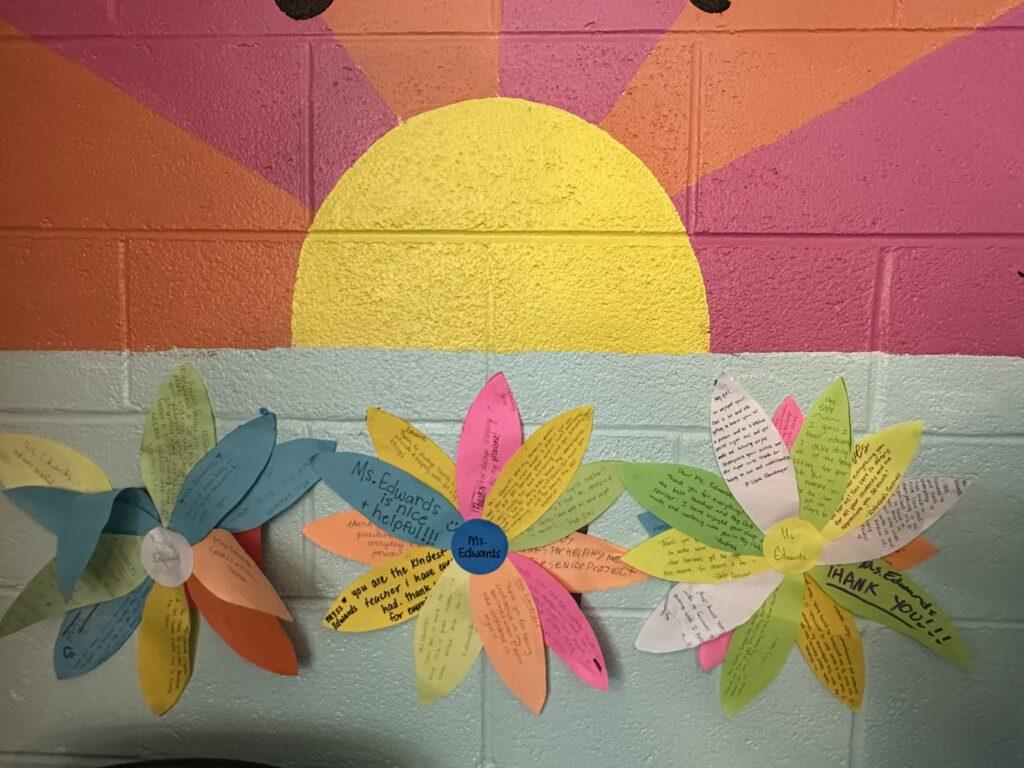More than four years ago I met a new friend at my church. Let’s call her Jen. Jen had been home schooled all of her life up until her senior year when she attended Hendersonville High School.
She struggled the first few months not only to keep her grades up, but also to fit in and feel accepted.
She took out her frustrations on herself, slipping into depression and practicing self-harm. One night Jen attempted suicide, eventually ending up in Three West, the mental health ward of Pardee Hospital.
If her life wasn’t already spiraling out of control, she then learned that she had bipolar disorder. This mental illness causes unusual swings in mood, energy and activity level. Everything — from brushing your teeth to finishing homework — is a painful process.
Despite her struggle and the shock that resulted from the attempted suicide, onlookers had the audacity to say that it all made sense – that they saw something strange in her all along. But many do not understand mental illness in America, even though it is a common problem.
According to the National Alliance on Mental Illness, approximately 20 percent of teenagers experience severe mental illness in a given year including forms of schizophrenia, bipolar disorder and depression.
Yet many Americans act as if they are blind to all of this. Perhaps this is because those who have mental illnesses are seen as “crazy.” But this should be seen as an opportunity to embrace our lack of knowledge and reform our views of those with mental illnesses and disorders.
We tend to isolate those with mental illness because we have trouble accepting them. However, there has never been a contagious mental disorder, so why do we separate ourselves? There is no reason to do so.
With other sicknesses, everyone is willing to help. However, with mental illness people tend to shy. Many inhabitants of the Hendersonville community may have participated in a Relay for Life or run a 5K for a cause, but not many people in this area have even heard of the National Alliance on Mental Illness, an organization that hosts walks and informs people about mental illness.
[socialpoll id=”2190311″]
There needs to be more awareness nationwide about mental illness and how to respond to it. We could all better ourselves if we took the time to research and understand mental illness and how it is affecting our communities.
Until we address our preconceived notions concerning mental illness, Americans will continue on in ignorance. Individuals will be judged and discriminated against because of factors beyond their control.
More than four years ago I met a new friend at my church. Jen opened my eyes to the real injustice in America — mental illness.
By Katie Miller

